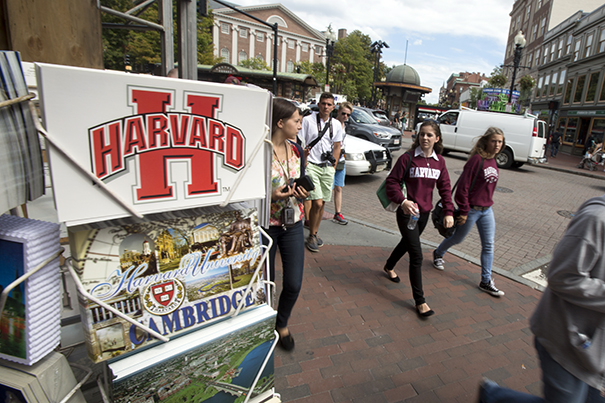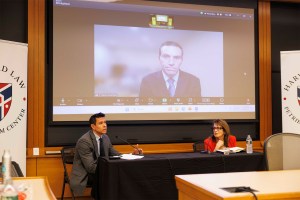Science & Tech
-

Harsh past might bare its teeth
Early adversity leads to higher aggression and fearfulness in adult canines, study says

-

What will AI mean for humanity?
Scholars from range of disciplines see red flags, possibilities ahead
-

‘Human exceptionalism is at the root of the ecological crisis’
Saving the planet requires getting over ourselves, argues author of ‘The Arrogant Ape’
-
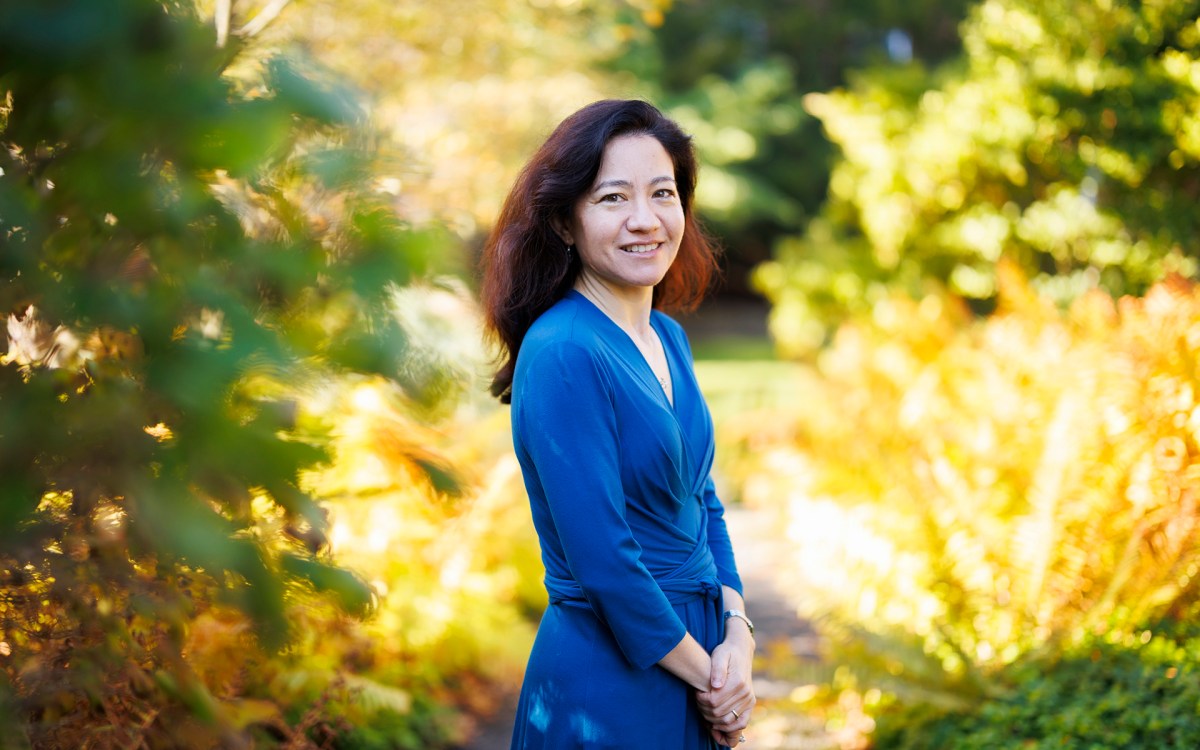
Lauren Williams awarded MacArthur ‘genius grant’
Math professor honored for theoretical breakthroughs with sometimes surprising applications across phenomena such as tsunamis, traffic
-
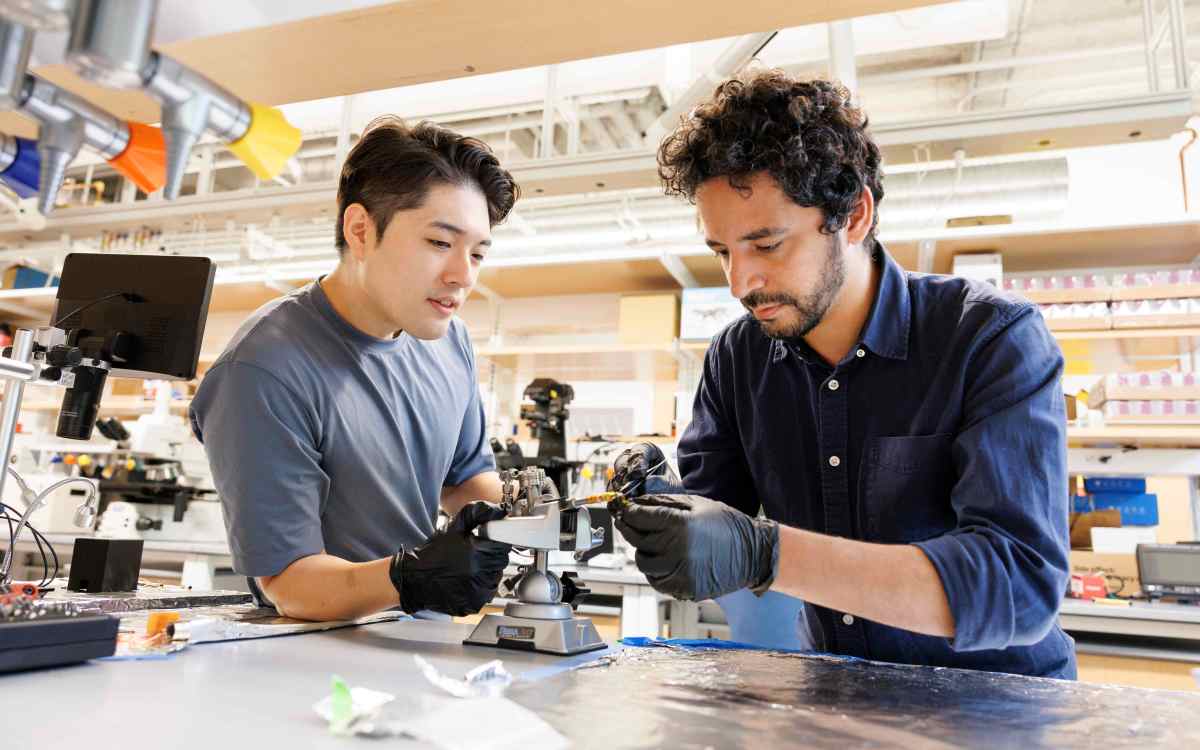
-
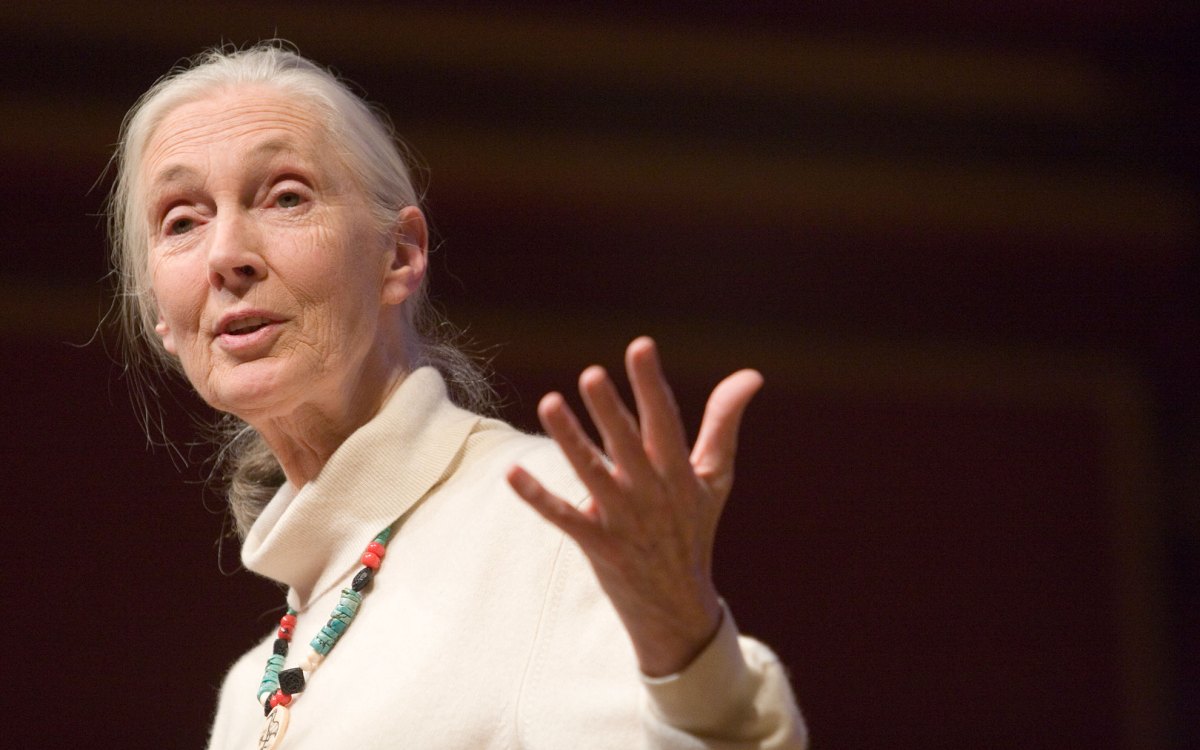
‘She had a sense of caring for everybody that she encountered.’
Richard Wrangham remembers his teacher and colleague Jane Goodall as a force of science, empathy, and hope
-
Light years ahead
Q&A with Dava Sobel, whose new book “The Glass Universe” explores pioneering work by female analysts at the Harvard College Observatory.
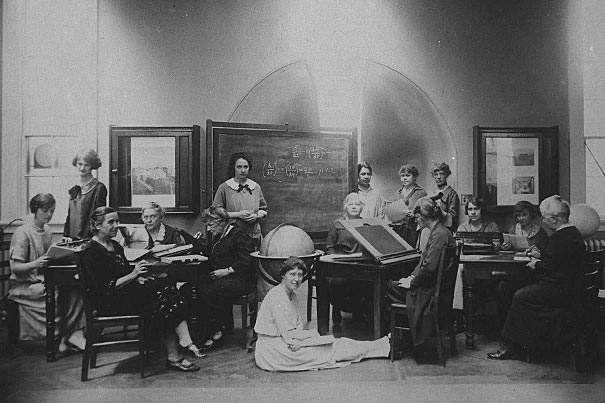
-
‘Make it new’ isn’t for everyone
New Harvard research examines the gap between stories we like to tell and stories we like to hear.
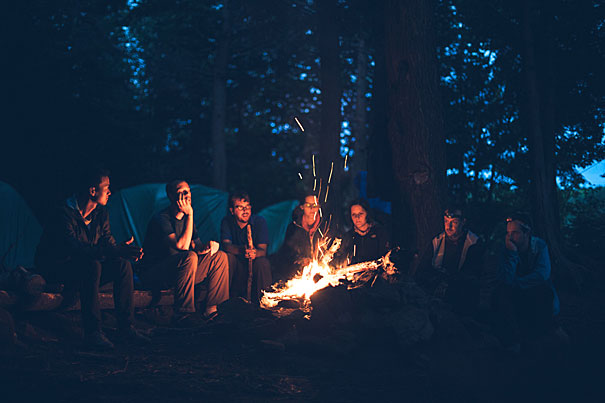
-
Bringing values, not just facts, to climate fight
Professor Naomi Oreskes wants scientists to make a stronger case for action on climate change.
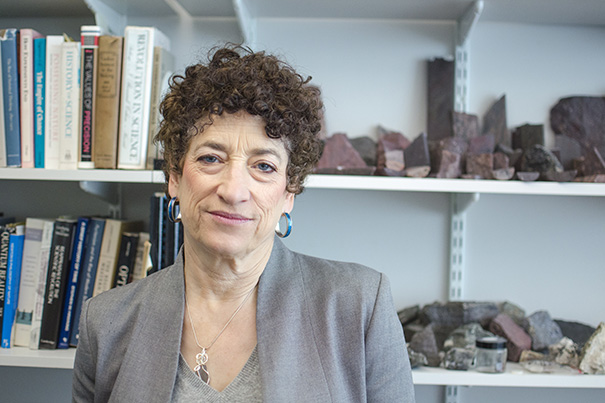
-
Where cooperation thrives
Harvard scientists helped develop an algorithm for predicting whether a social structure is likely to favor cooperation.
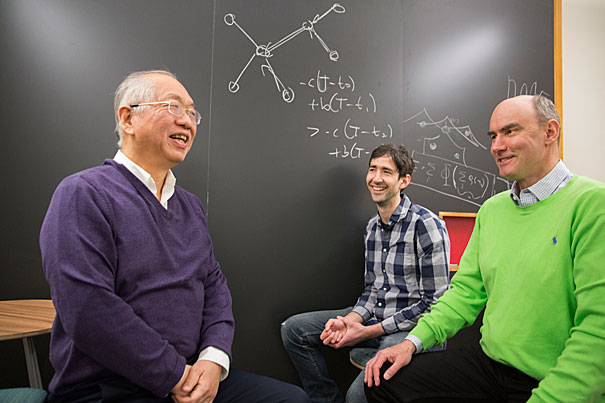
-
Harvard launches data science initiative
Harvard launches sweeping data science initiative, and names Francesca Dominici and David Parkes as co-directors.
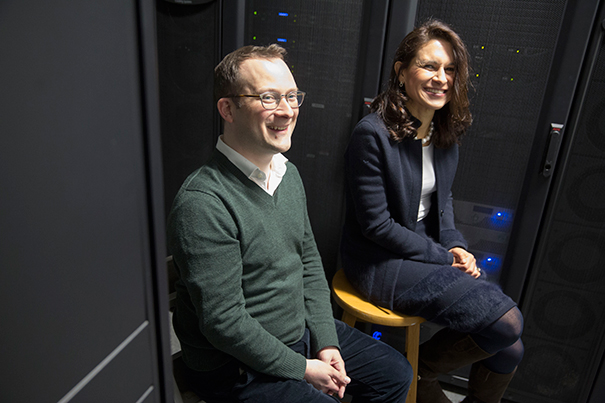
-
Using a smartphone to screen for male infertility
New findings indicate that a smartphone-based semen analyzer can identify abnormal semen samples based on sperm concentration and motility criteria with approximately 98 percent accuracy.
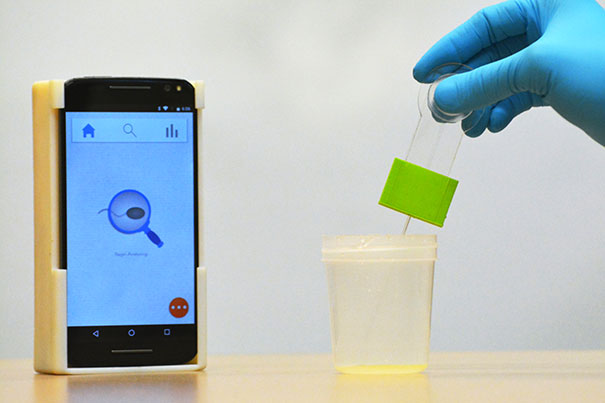
-
Creative path through Harvard Forest
David Buckley Borden, a Bullard Fellow at Harvard Forest, is using art to make a point about sustainability and conservation.
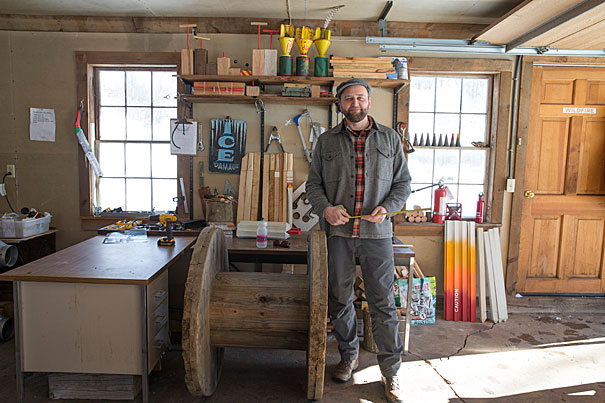
-
More money, same results
A new study led by Harvard Medical School and Harvard T.H. Chan School of Public Health researchers examines the impact of individual physicians’ spending patterns on patient outcomes.
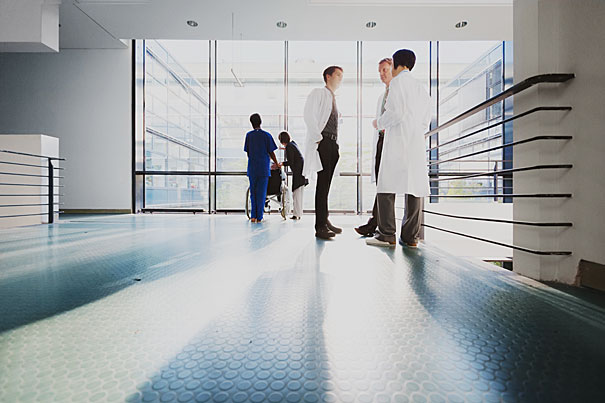
-
Robots, exoskeletons, and invisible planes
The Defense Advanced Research Projects Agency, or DARPA, is the rare government agency that is all about change, in this case endlessly improving technology that has military applications.
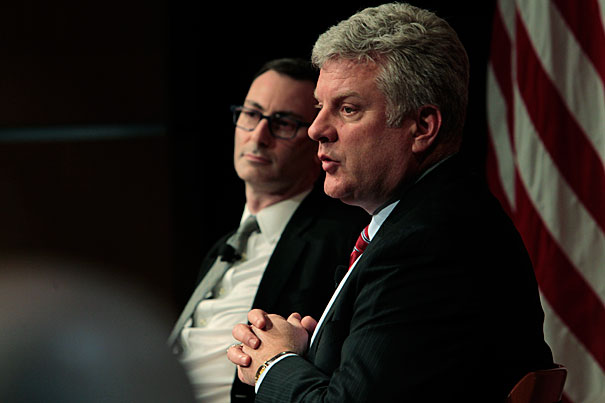
-
Why sing to baby? If you don’t, you’ll starve
A new study suggests that infant-directed song evolved as a way for parents to signal to children that their needs were being met, while leaving time for other tasks, like food foraging or caring for other offspring.
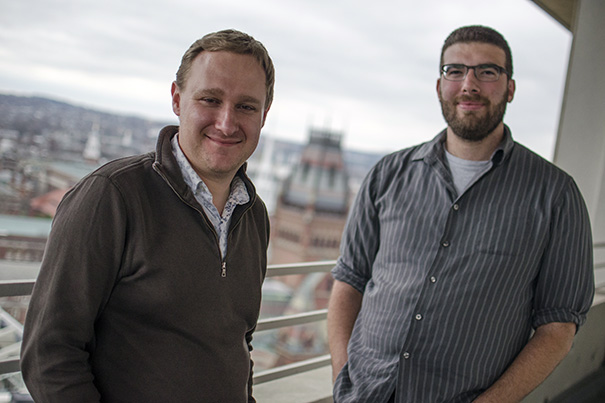
-
7 projects win funding for climate change solutions
Seven Harvard projects will share $1 million to help battle climate change across a range of academic boundaries.
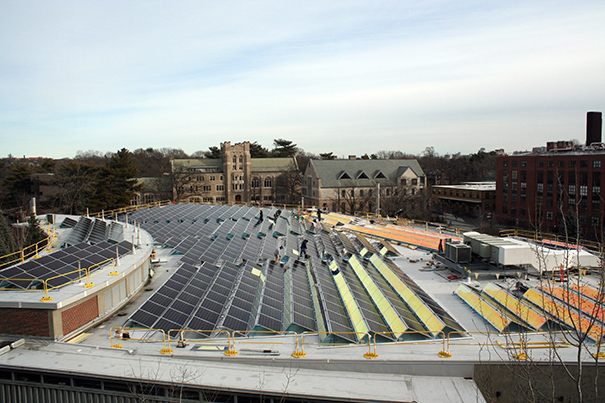
-
Making math more Lego-like
A trio of Harvard researchers has developed a new 3-D pictorial language for mathematics with potential as a tool across a wide spectrum, from pure math to physics.
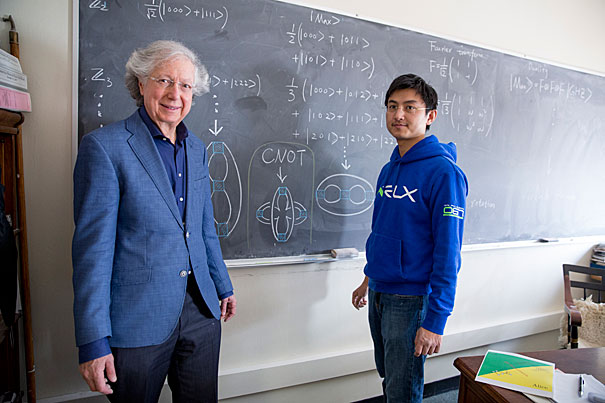
-
A mother’s influence
Researchers have shown, for the first time, that chimpanzees learn certain grooming behaviors from their mothers. Once learned, chimps continued to perform the behavior long after the deaths of their mothers.
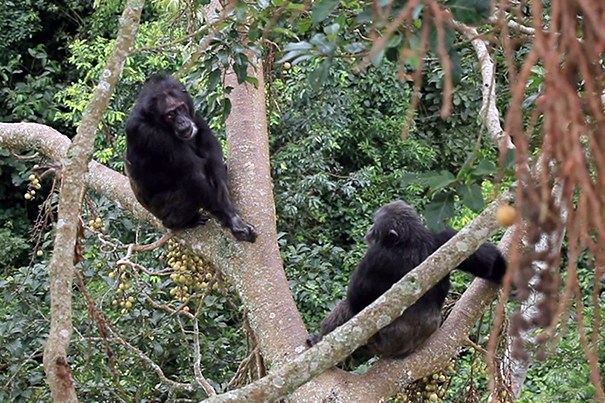
-
When bias hurts profits
Based on data collected from a French grocery store chain, a new Harvard study has found that minority workers were far less efficient in a handful of important metrics when working with biased managers.
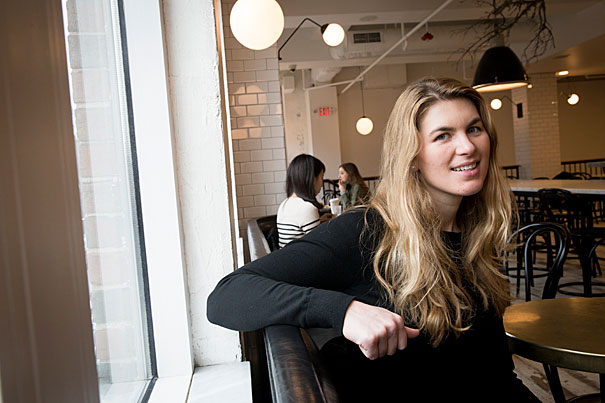
-
What to expect from Pruitt’s EPA
The Gazette speaks to Robert Stavins, director of the Harvard Project on Climate Agreements and a past member of the EPA’s Science Advisory Board, about the future of the EPA under the leadership of Scott Pruitt.

-
To advance sustainability, fight inequality, researcher says
A new Harvard study argues that technological approaches to sustainability must be accompanied by efforts to reduce inequality.
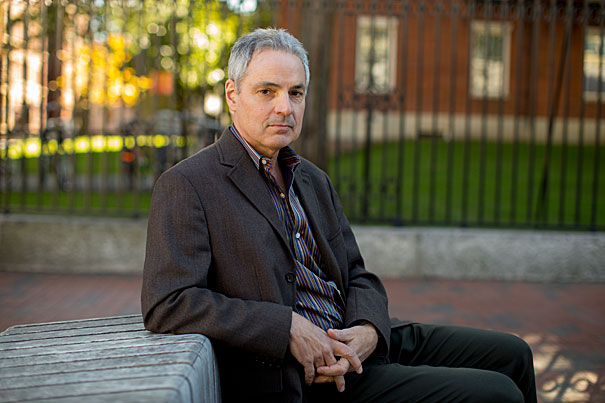
-
No cookie-cutter fixes on air pollution
A Nobel Prize-winning chemist has called for additional research into the air pollution blanketing the world’s megacities, saying that solutions found in the developed world’s cities are not likely to apply in other places.
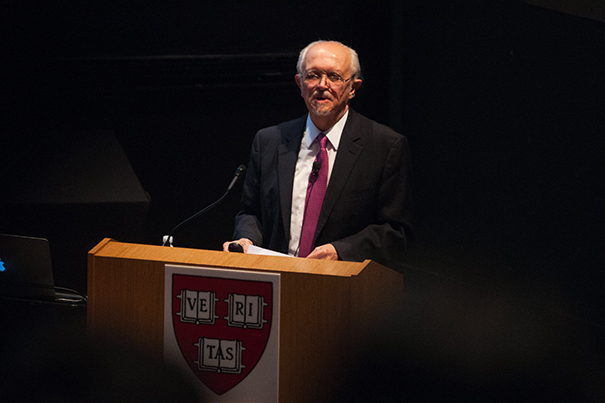
-
Catalyzing discovery
In a trio of studies published earlier this month, researchers have shown that the process of catalysis is more dynamic than previously imagined, and that molecular forces can vastly influence the process.
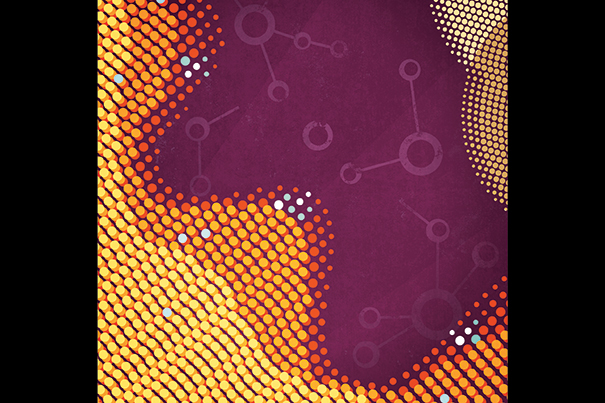
-
Study opens door to better sleep, work, health
Harvard study is the first to show that working in high-performing, green-certified buildings can improve employee decision-making using objective cognitive simulations.
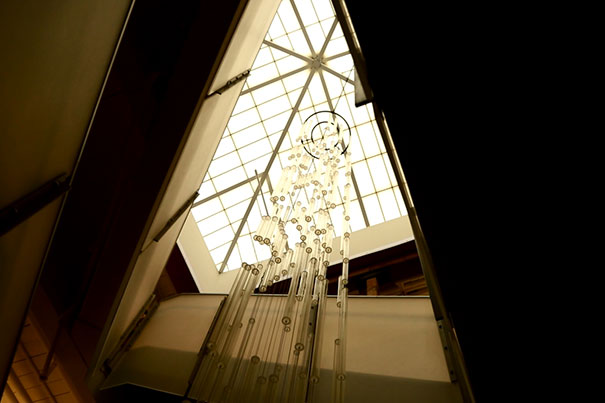
-
Not your average paper airplane
Students threw paper airplanes in class for inspiration, not trouble, in a workshop led by a record-setting designer.
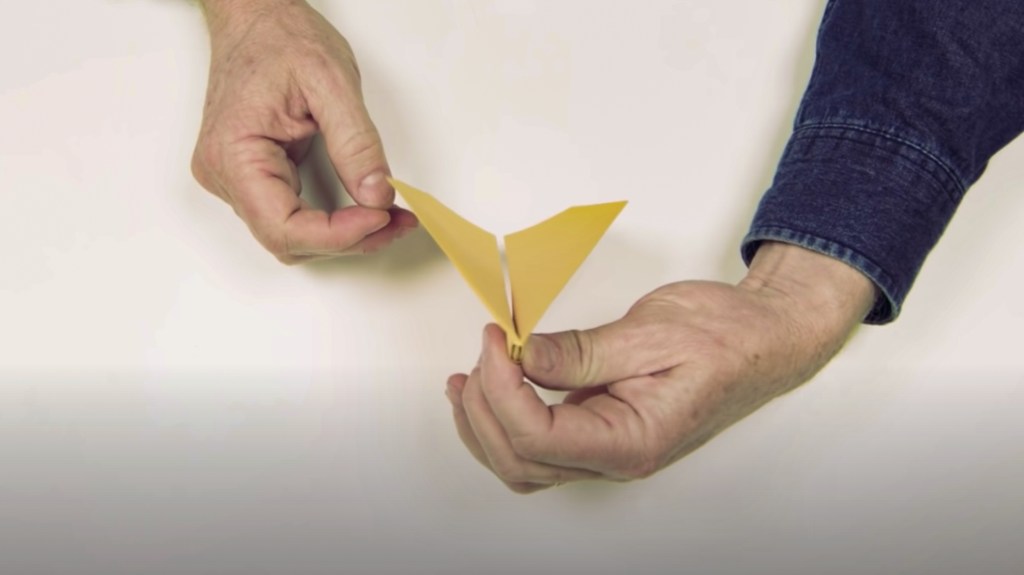
-
The unsettling chemicals around us
There are thousands of unapproved chemicals, often banned elsewhere, in the U.S. environment, panelists at a Harvard forum say.

-
Inaugural DataFest reflects a growing interest
The inaugural session of the Harvard DataFest conference brought attention to Harvard’s growing interest in data science.
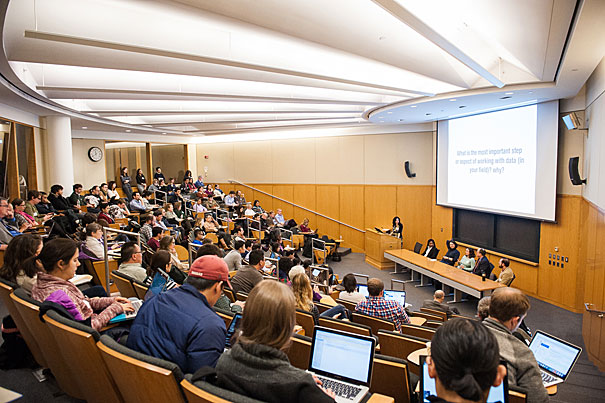
-
A revised portrait of psychopaths
A study suggests that while psychopaths do feel regret, however, it doesn’t affect their choices.

-
Adaptive learning featured in HarvardX course
A course featuring adaptive learning explores the technological feasibility, implications, and design of such a system to improve massive open online courses.
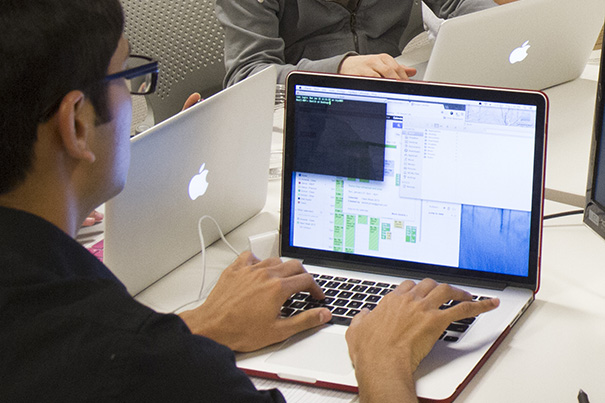
-
Drawing the eye to extinction
A new exhibit at the Harvard Museum of Natural History brings an artist’s view to the ongoing extinction crisis affecting the planet.

-
Advance in high-pressure physics
Nearly a century after it was theorized, Harvard scientists have succeeded in creating metallic hydrogen. In addition to helping scientists answer some fundamental questions about the nature of matter, the material is theorized to have a wide range of applications, including as a room-temperature superconductor.
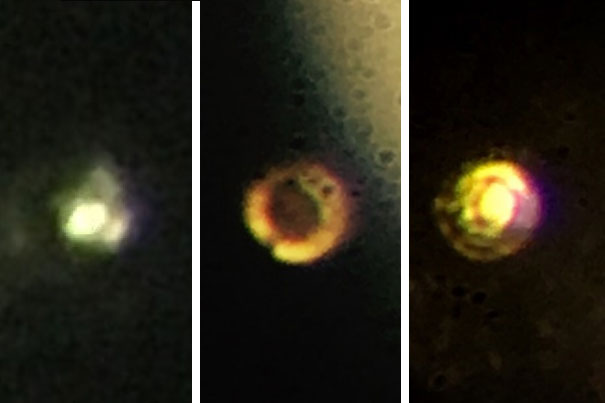
-
Soft robot helps the heart beat
Researchers have developed a customizable soft robot that fits around a heart and helps it beat, potentially opening new treatment options for people suffering from heart failure.

-
Strengthening ties among women in physics
The Conference for Undergraduate Women in Physics included lab tours, lectures, and practical discussion on research, grad school applications, how to deal with discrimination and implicit bias, and finding mentors.
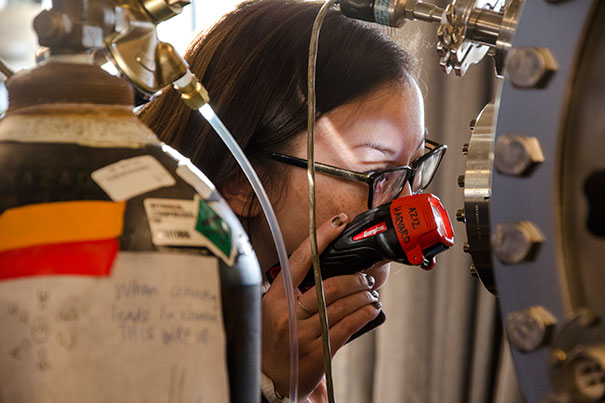
-
Seeking a breakthrough on catalysts
A group of Harvard researchers is taking a new approach to the challenge of developing new catalysts.
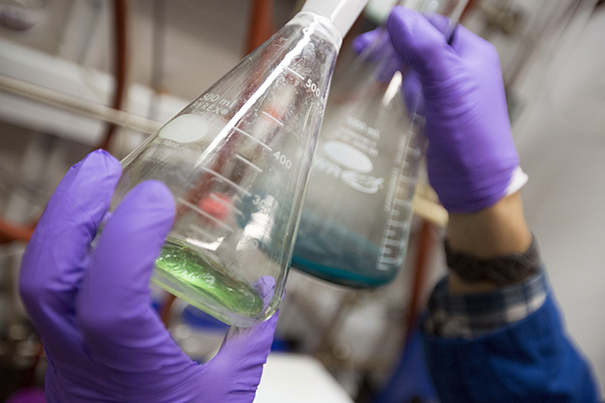
-
Why city blocks work
Shorter city blocks stimulate urban life, but if they’re too short, people spend too much time crossing roads, and the streetscape suffers, study says.
